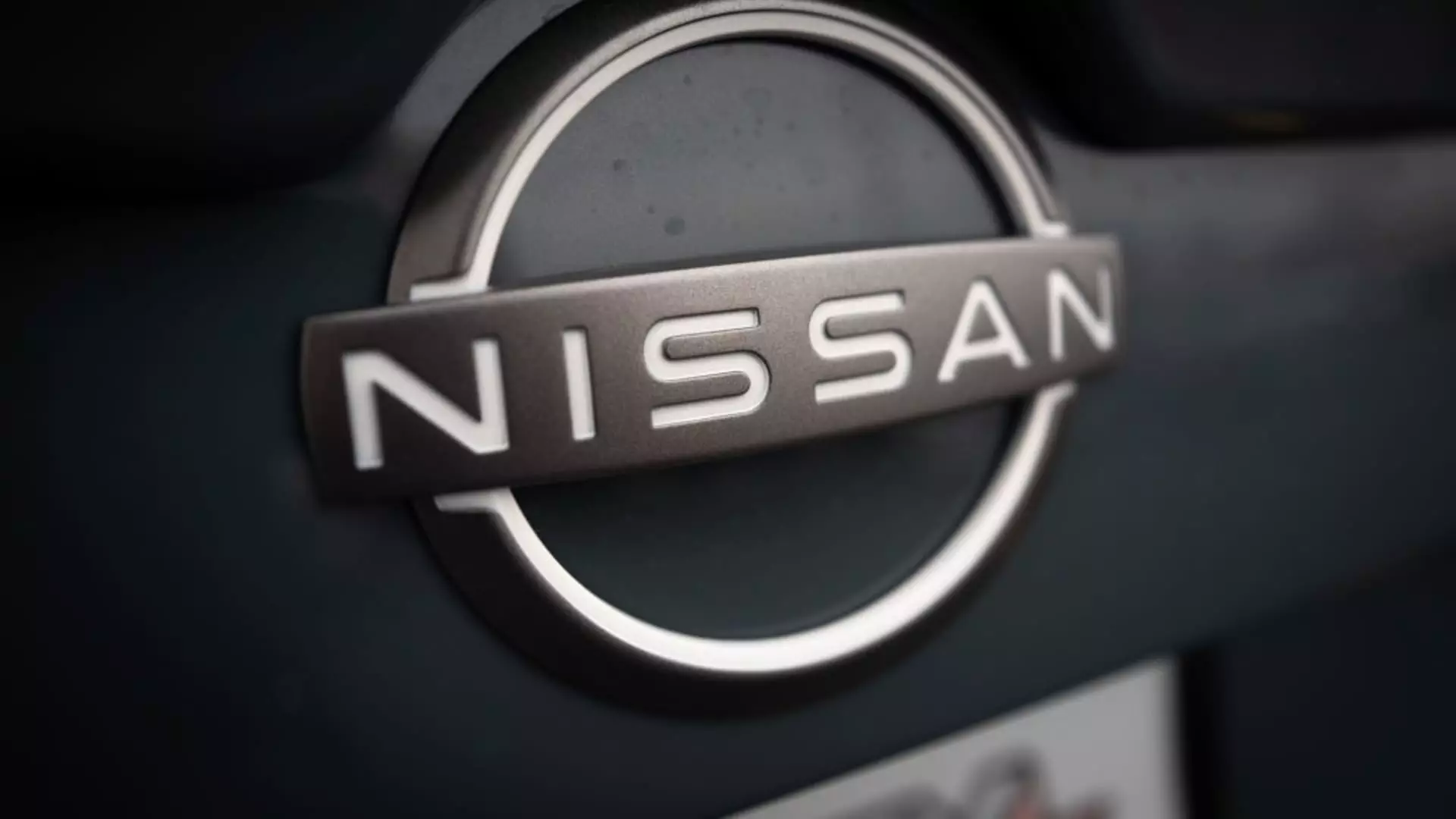In a bold yet troubling move, Nissan is signaling a seismic shift in its operational strategy, contemplating the closure of key assembly plants both domestically in Japan and abroad. As the automotive giant grapples with a drastic decrease in sales—reportedly down 42% since 2017—the decision to potentially shutter long-standing facilities is both audacious and distressing. The Oppama plant, established in 1961, and the Shonan plant, a factory integral to its commercial van production, are on the chopping block. This raises critical questions about the implications of such closures not merely on the workforce but on the very legacy of a once-innovative automotive manufacturer.
The broader landscape suggests that Nissan is firmly trapped in a cost-cutting cycle that prioritizes short-term financial recovery over long-term brand loyalty and consumer trust. Isn’t it ironic that the company which once pioneered the mass-market electric vehicle, the Leaf, is now willing to forsake its history and workforce to chase elusive profit margins?
Chasing Profits at What Cost?
While there’s no denying the fiscal benefits of reducing plant numbers and laying off approximately 15% of the workforce, the human cost looms large. The factories earmarked for closure employ thousands, and the loss of jobs reverberates through communities that have relied on Nissan for economic stability. This kind of relentless focus on cost-cutting can lead to a toxic corporate culture where profitability trumps ethical commitment to the people who have kept the company running for decades.
What seems tragic is the sudden about-face from former CEO Makoto Uchida’s aspirations for expansion. If anything, this tells us that Nissan is in serious trouble and lacks a viable blueprint for sustainable growth. The impulse to abandon domestic production sites—especially when these facilities are tied to the brand’s identity—raises concerns about who Nissan aims to serve in the long run.
Global Implications and Concerns
Moreover, Nissan’s plan to close factories not just in Japan but also in countries such as Mexico, South Africa, and India demonstrates a lack of commitment to a more balanced global strategy. The automotive landscape is changing; evolving consumer expectations and governmental regulations around sustainability demand a more innovative approach rather than merely cutting costs. The decision to keep production localized to three plants might seem pragmatic, yet it endangers Nissan’s competitive edge in the international market.
As rival automakers embrace the full electric transformation and invest in diverse manufacturing processes, Nissan risks becoming an outlier in the very industry it helped to innovate. This shortsightedness not only raises the stakes for Nissan’s brand reputation but also jeopardizes its ability to adapt to an ever-more competitive market where flexibility and innovation are king.
Transparency or Tactics?
The company’s vague assurances to maintain “transparency” in its communication raise eyebrows. When management describes reports of potential closures as “speculative,” it feels like an effort to temper the backlash from stakeholders and the workforce without addressing the fears currently sweeping through the organization. While it asserts that no final decisions have been made, one can’t help but feel that this is a tactical retreat driven by underlying financial pressures.
Engaging stakeholders in honest dialogue about the impending changes is imperative. With unrest likely stirring in the factories, Nissan’s management must realize that sound strategy involves inclusivity and transparency—not evasion. Ignoring on-ground concerns will only amplify dissent and undermine morale at a critical juncture for the company.
Concluding Thoughts
In an environment where every decision carries weight, Nissan must tread carefully. Cutting down the assembly plants might lead to momentary financial relief, but sacrificing a legacy established over decades could have long-lasting repercussions. The automotive world is shifting dramatically; if Nissan is to navigate this turbulent terrain, it must embrace not only economic rationality but an unequivocal commitment to the people and communities that fueled its ascent. Without such a commitment, Nissan risks being remembered not just as a car manufacturer but as a cautionary tale of corporate hubris.

Leave a Reply